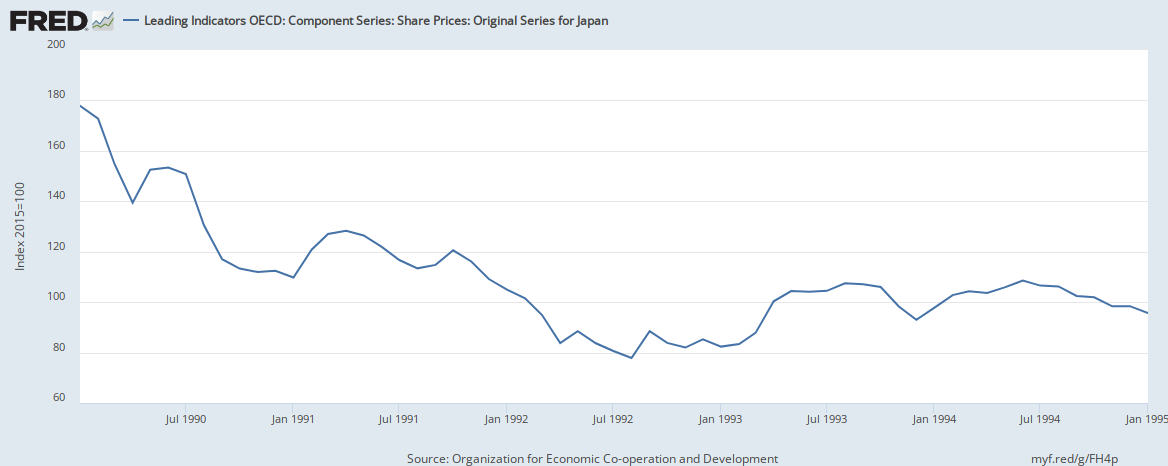Colm Fagan
Registered User
- Messages
- 765
Hi Gordon. It was at this point I came unstuck the last time someone tried to persuade me of the reasonableness of what you're proposing.If I invest the €60k, my returns will be subject to CGT and marginal rate income tax.
Assuming their CAT thresholds will be used up, my kids will pay 33% CAT if they inherit the €60k.
Firstly, I'm not investing the €60k. I'm spending it! Secondly, even if I don't spend it all, I can always give some of it to the children and grandchildren. As I recall, between the other half and myself, we can gift each of them €6k a year tax-free - not that I would want to claim to be that generous with them! That immediately eliminates any problems of CAT and CGT!
